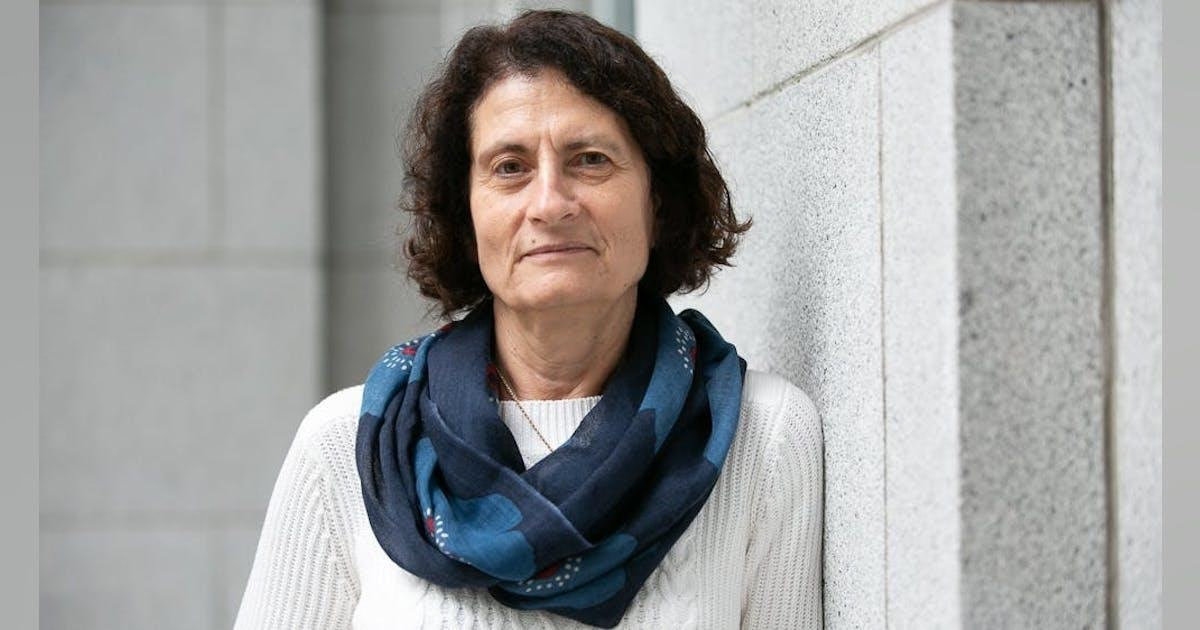AeroGenie — Your Intelligent Copilot.
Trending
Categories
Dr. Victoria Coleman Discusses AI Innovations in Aerospace at Acubed

Dr. Victoria Coleman on AI Innovations and Challenges in Aerospace at Acubed
Dr. Victoria Coleman, Chief Scientist at Acubed, recently articulated the company’s forward-looking vision for artificial intelligence within the aerospace sector, emphasizing advancements in automation alongside enhancements to the passenger experience. Central to Acubed’s ambitions is the concept of “gate-to-gate autonomy,” envisioning aircraft capable of taxiing, taking off, cruising, landing, and docking entirely without human intervention.
The Vision and Its Constraints
While the technological feasibility of full autonomy is within reach, Coleman underscored that achieving this goal remains a long-term endeavor, primarily due to the stringent safety and certification standards upheld by Airbus and Acubed. She stressed that human operators will continue to play an essential role in flight operations. “We can't look at the technology independent of the community that our plane hosts,” Coleman remarked. “We’ll never operate it without pilots, because it’s not just about technology. It’s about moving a little village that comes together for 10, 12 hours to go around the planet.”
Coleman further elaborated on the social dynamics inherent in air travel, describing the aircraft as a “community in the sky.” Pilots and flight attendants, she noted, are vital in managing this airborne community, maintaining social norms and ensuring a cohesive environment throughout the journey.
AI-Driven Enhancements to Passenger Experience
In addition to autonomous flight, Acubed is pursuing AI innovations aimed at improving the passenger experience. One such initiative involves optimizing in-flight catering by monitoring meal consumption and waste patterns. This data-driven approach enables airlines to more accurately forecast food requirements, thereby reducing waste on subsequent flights. Another project addresses the frequent boarding delays caused by passengers searching for overhead bin space. Acubed’s system would provide real-time updates to crew members regarding available storage, allowing flight attendants to guide passengers more efficiently. Coleman highlighted the simplicity of the technology involved, noting, “All you need, really, is a cell phone.”
Coleman also discussed the transformative potential of generative AI and large language models (LLMs) in pilot training. Acubed is piloting an intelligent assistant designed to accelerate training, particularly for rare but critical flight scenarios. “We can completely rethink how we train pilots,” she said, emphasizing the importance of preparing for unusual conditions that, while infrequent, are crucial to safety.
Navigating Competition and Regulatory Challenges
Despite these promising developments, Coleman acknowledged the significant challenges facing the aerospace sector. The industry contends with intense competition from technology giants such as Amazon, Google, and Microsoft, all heavily investing in AI capabilities. Market responses to increased automation have been mixed, with some investors expressing concerns about potential job displacement—a viewpoint notably echoed by Amazon’s CEO. In reaction, competitors may intensify research efforts or pursue strategic partnerships to maintain their competitive advantage.
Regulatory scrutiny also remains a formidable obstacle, as authorities rigorously assess the safety and ethical implications of deploying AI in sensitive domains like aerospace. Coleman emphasized that Acubed’s steadfast commitment to safety and community will continue to guide the company through these evolving challenges, ensuring that technological progress serves to enhance rather than supplant the human element of flight.

Emirates Unveils Cabin Design for New Boeing 777X

Eighteen Years On, the Airbus A380 Remains Central to a $34 Billion Airline

How a boom in luxury airline seats is slowing down jet deliveries

Navitaire Outage Attributed to Planned Maintenance

DigiYatra Debuts Outside Aviation at India AI Impact Summit

Vietnam Orders Strengthen Boeing’s Commercial Outlook

Airbus Signals Uncertainty Over Future A400M Orders

JobsOhio Awards $2 Million Grant to Hartzell Propeller for Innovation Center

Collins Aerospace Tests Sidekick Autonomy Software on YFQ-42A for U.S. Air Force CCA Program

How the Airbus A350-1000 Compares to the Boeing 777
